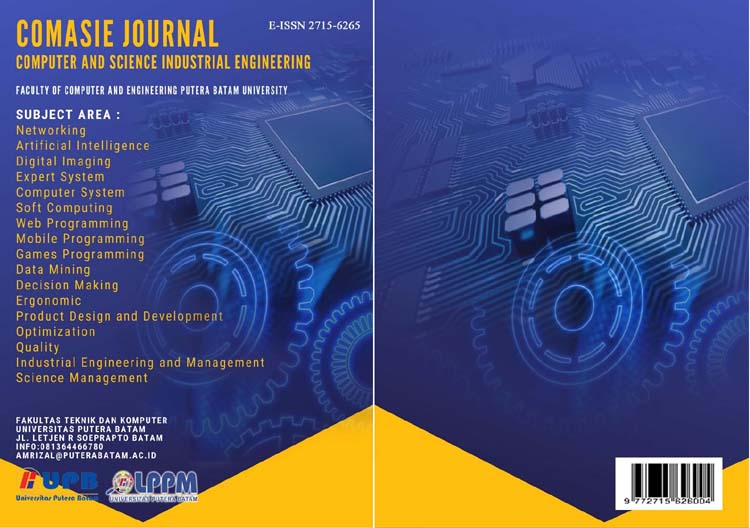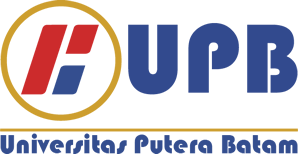ANALISIS PENGENDALIAN REJECTION PROSES PRODUKSI SCALE PADA PT XYZ
Kata Kunci:
DMAIC Methods, Fishbone Diagram, Cause and effect diagram, Jig and fixtures developmentAbstrak
Along with technological advances and increasingly fierce business competition, manufacturers are competing to produce quality products. The emergence of small and large industries, both private and state, will advance the nation alot. Only companies that are highly competitive can survive by prioritizing quality improvement, increasing productivity, increasing efficiency, and involving employees in solving company problems. Recognizing the instability of the rejection rate and based on historical data it still often exceeds predetermined standards, because of that it is important for customers to evaluate the quality of products produced by the company, so an analysis of product quality is needed in the company to find a solution on how to reduce the rejection rate and reduce waste. production process using the Six Sigma DMAIC method with a fishbone diagram approach. The company sets a target of 3.5% defects from the total of each production every month, but from the results obtained for each production there are still some that exceed 3.5%. the large number of defects produced in the assembly process, especially in the printer assembly section, as well as the efforts made by the company to prevent this from happening are still not optimal. which has been explained in the previous data, the maximum tolerance limit for defects is 3.5% every month of the total production. Therefore, created an assembly tool (jig) that will be used for the assembly process to decrease the reject percentage.
Referensi
(Mastur & Aji, 2016)Ahmad, F. (2019). Six Sigma Dmaic Sebagai Metode Pengendalian Kualitas Produk Kursi Pada Ukm. Jurnal Integrasi Sistem Industri, 6(VOLUME 6 NO 1 FEBRUARI 2019), 11–17. https://jurnal.umj.ac.id/index.php/jisi/article/view/4061
Mastur, H. I., & Aji, N. F. (2016). Analisis Pengendalian Kualitas Pembuatan Wellhub Dengan Pendekatan Lean Six Sigma. Teknoin, 22(1), 44–52. https://doi.org/10.20885/teknoin.vol22.iss1.art6
Nugroho, R. Y., & Azharman, Z. (2019). Analisis Pengendalian Kualitas Produk RV Frame Pada PT X. Computer and Science Industrial Engineering (COMASIE), 1(01), 1–11.
Siregar, K., & Elvira. (2020). Quality control analysis to reduce defect product and increase production speed using lean six sigma method. IOP Conference Series: Materials Science and Engineering, 801(1). https://doi.org/10.1088/1757-899X/801/1/012104
Wahyuni, H. C. (2020). Buku Ajar Pengendalian Kualitas Industri Manufaktur Dan Jasa. In Buku Ajar Pengendalian Kualitas Industri Manufaktur Dan Jasa. https://doi.org/10.21070/2020/978-623-6833-79-7







